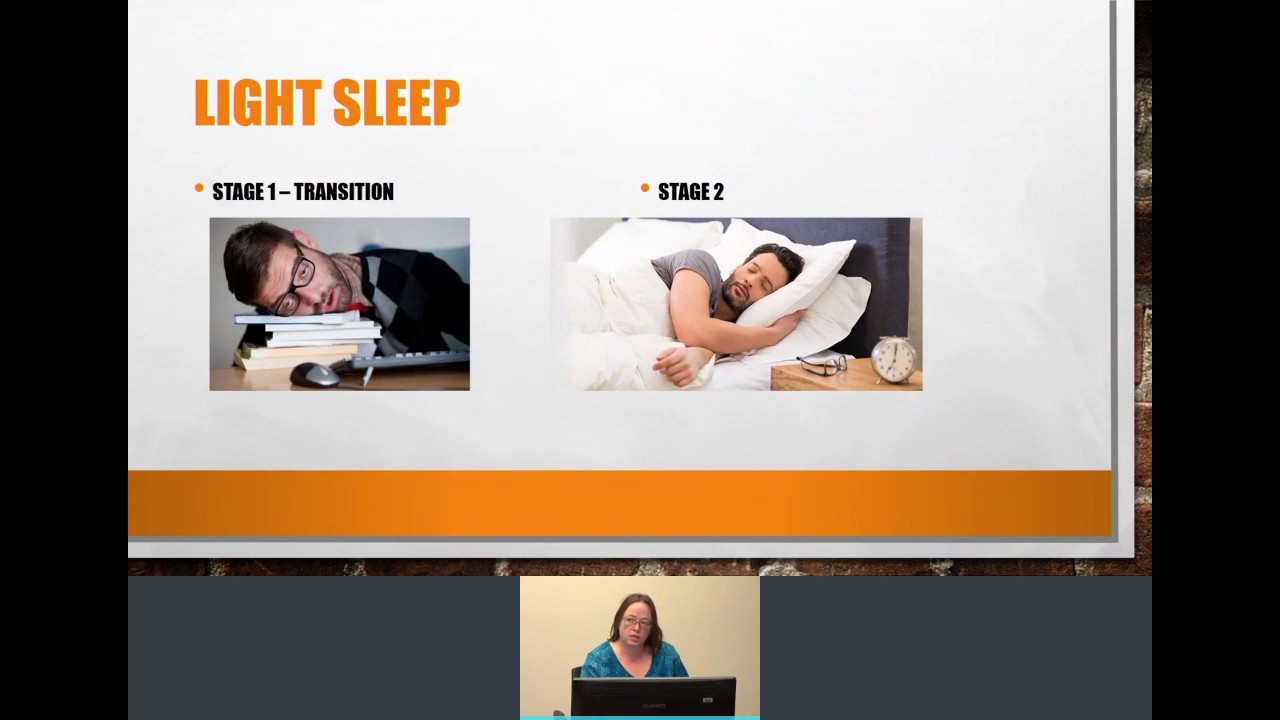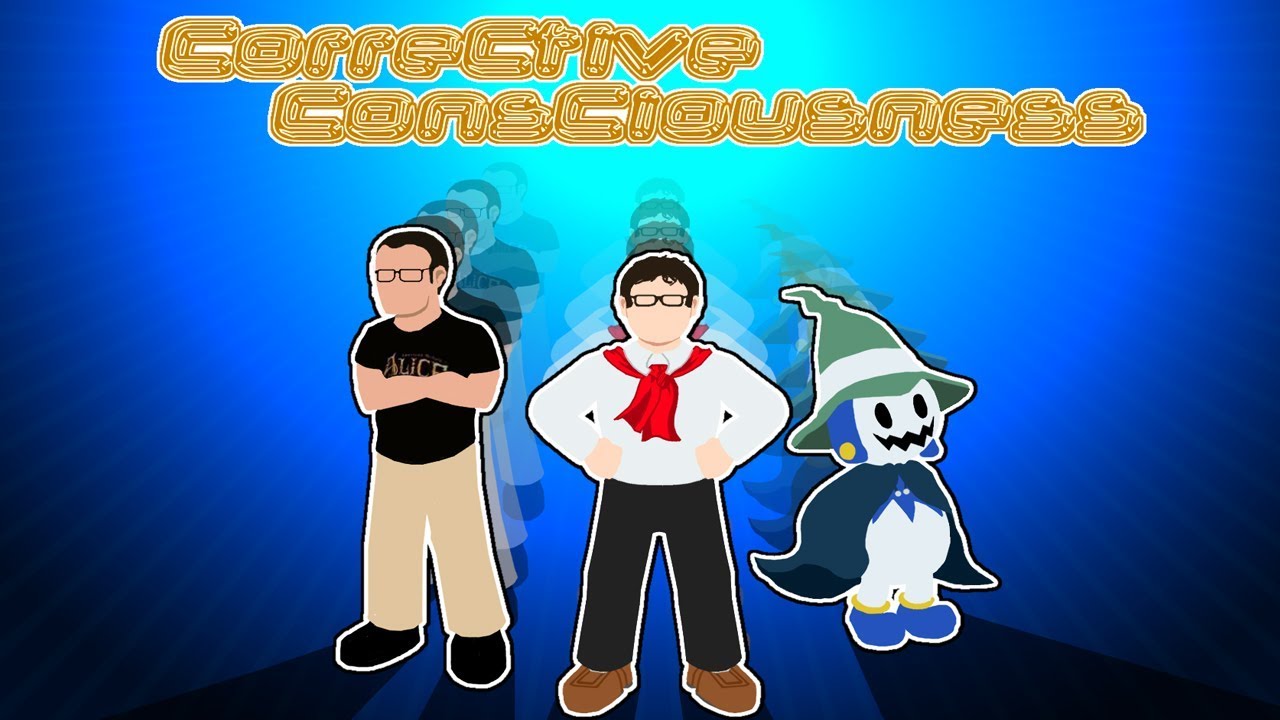Machine Behavior
Join Ece Kamar of Microsoft Research as she discusses the intersection of artificial intelligence and society with MIT’s Nick Obradovich. Dr. Obradovich is a research scientist at the MIT Media Lab in the Scalable Cooperation group.
Artificial intelligence used freely in the world is an exciting concept, but it won’t come to pass unless systems are designed to interact with humans and society as a whole. Dr. Kamar studies how to make AI systems fair and practical for real-world situations. If an AI is used to assist in a court sentencing, for example, that AI must not be influenced by the biases of its creator. Artificial intelligence has the potential to make a huge positive impact on the world, provided it is created in an honest and trustworthy manner.
In this conversation, Dr. Kamar discusses the challenges in creating a truly functional artificial intelligence. For example—early in her research, she noted that artificial intelligence systems had great difficulty parsing the intricacies of different languages. She was struck that something so intrinsic to humanity was so tricky for a program developed by humans to understand.
Another stumbling block is ensuring the data used to create the algorithms is appropriately representative of the real world. Making an AI system that excels in a lab setting is an impressive technological feat, but will be useless if the information it has been fed does not reflect situations in current society. How can best practices for creating AI must be scrutinized in order to avoid this problem?
“Conversations in Machine Behavior” sets out to define the concept of Machine Behavior and argue for its inclusion in research institutions as a field of study. Once artificial intelligence reaches a point at which it can make decisions and carry out autonomous actions, humanity must treat it and study it as an actor separate from its creators. Drawing from computer science, human and animal behavioral studies, psychology, robotics, and more, the field of Machine Behavior is a comprehensive way to understand the future of thinking.
Source



